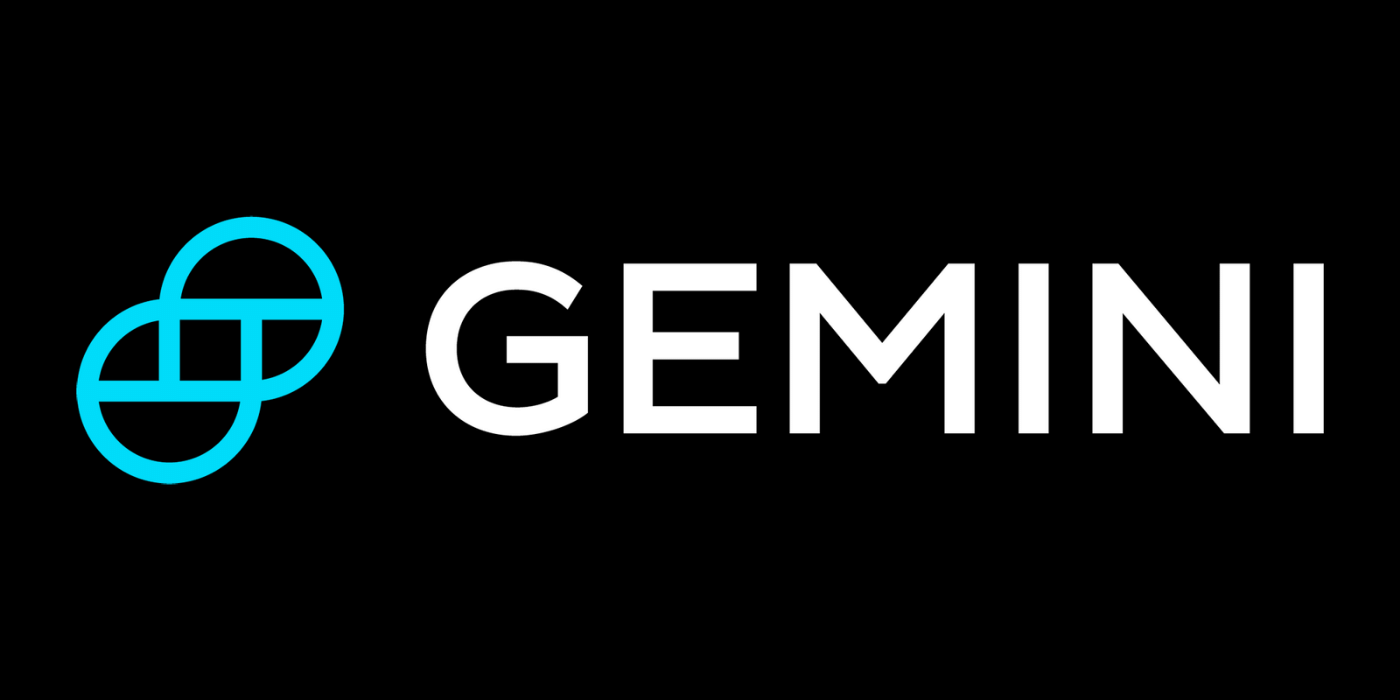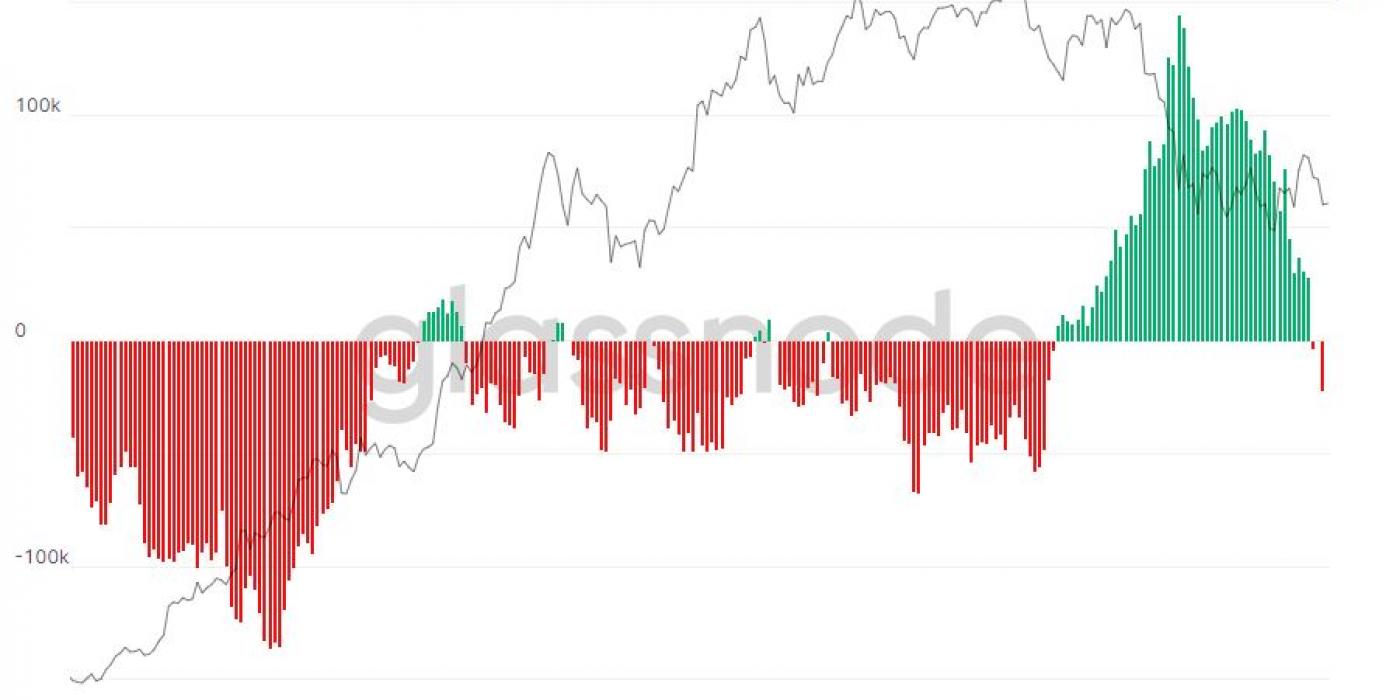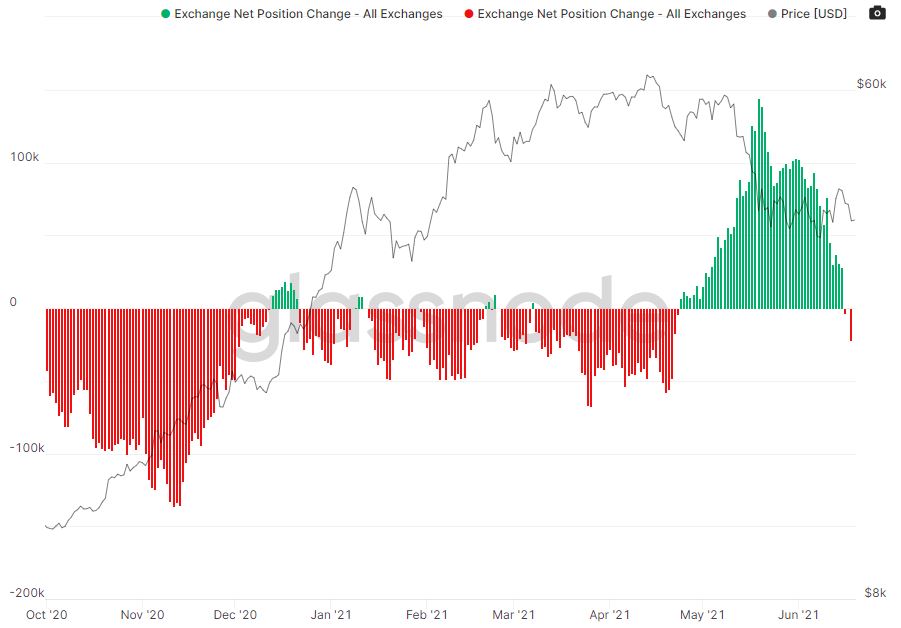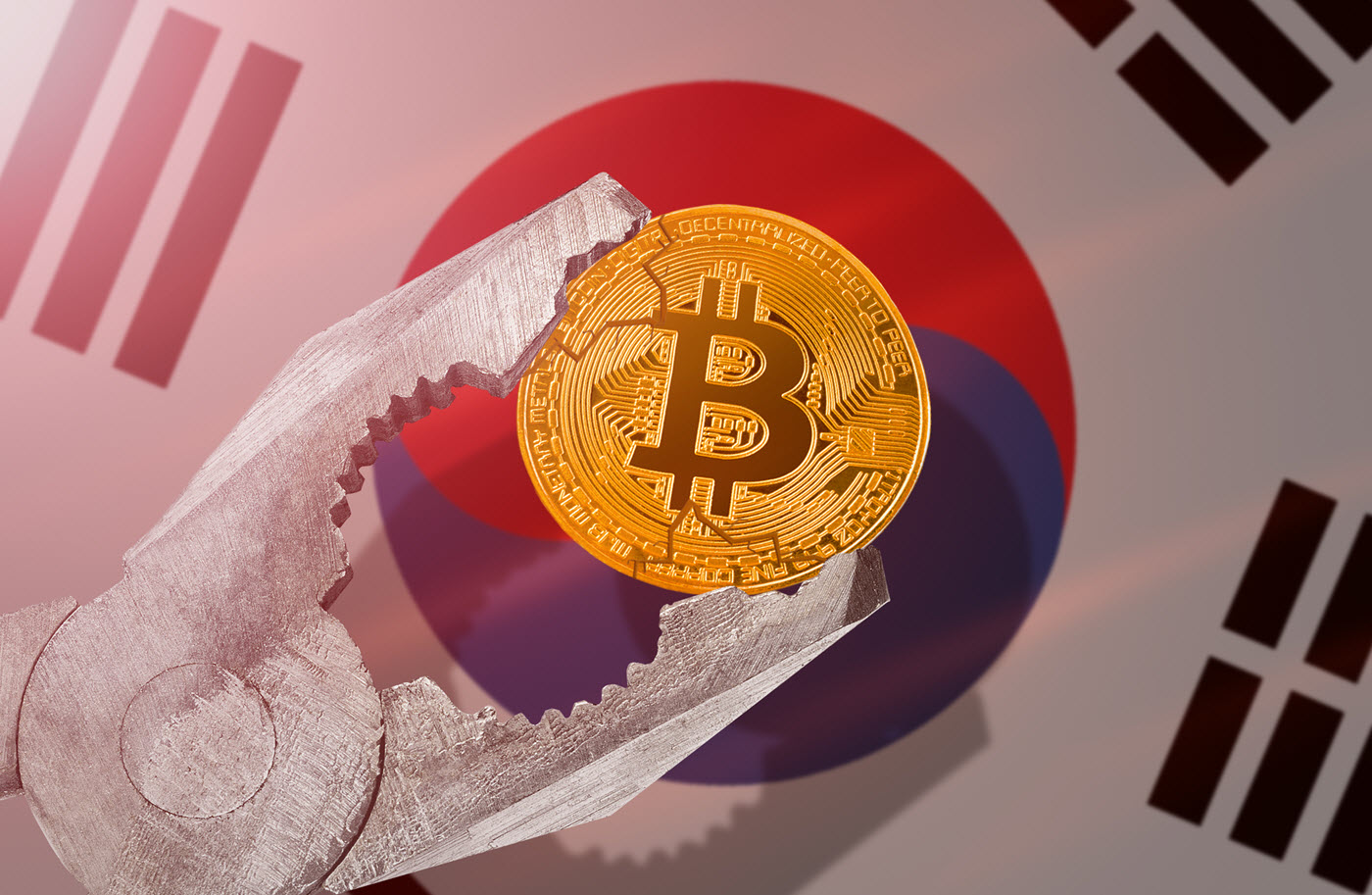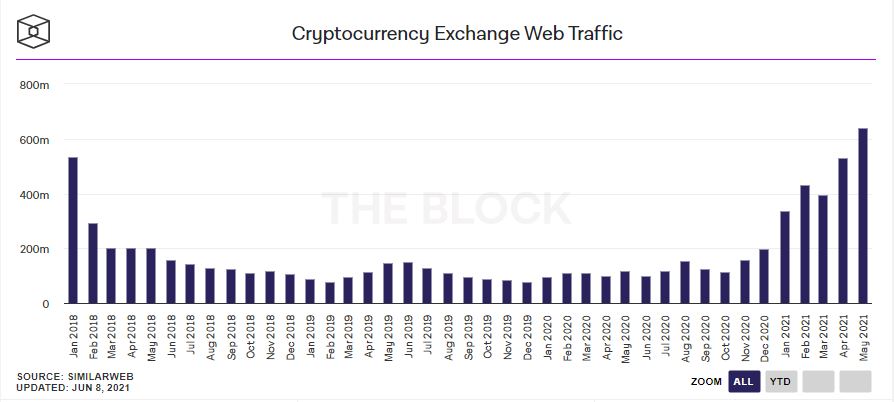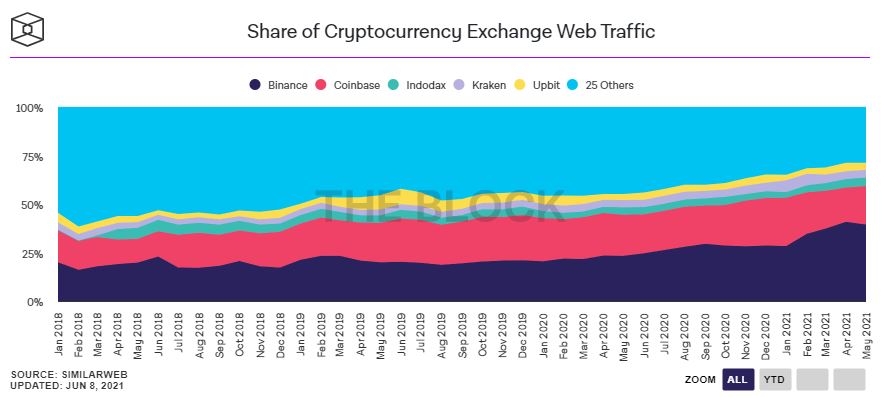New regulations for Thai crypto exchanges have been introduced that ban specific digital assets, including meme coins, fan coins, non-fungible tokens (NFTs), and tokens issued by exchanges.
According to a release from the Thailand Securities and Exchange Commission (SEC), new rules have been implemented that will prohibit crypto exchanges in Thailand to offer digital assets that have any of the following characteristics:
- 1) Meme token: having no clear objective or substance or underlying, and whose price [is] running on social media trends
- 2) Fan token: tokenised by the fame of influencers, such as the Juventus Fan Token (JUV)
- 3) Non-fungible token (NFT): a digital creation to declare ownership or grant of right in an object or specific right. It is unique and not interchangeable with digital tokens of the same category and type at the equal amount
- 4) Digital tokens which are utilised in a blockchain transaction and issued by digital asset exchanges or related persons
DOGE no exception
There has been no specific mention as to which coins will and won’t be allowed. Meme coins like Dogecoin (DOGE) are likely to be among those prohibited by the ban.
The final item on the list refers to tokens issued by exchanges. This is designed to make it hard for crypto dealers to create tokens they use to trade among themselves, or that their customers can use to make payments for exchanges’ services.
Thai Exchanges “Tokens Must Comply Or Be Delisted”
Additionally, the SEC has called for crypto exchanges to set requirements that token issuers need to meet with their whitepaper and relevant rules; if they can’t comply, the token will be delisted.
The SEC stated that exchanges need to comply with the guidelines prescribed in order to “enhance protection of digital asset traders’ interest”.
The exchanges are required to comply and revise their listing rules in accordance with the Notification within 30 days from the effective date thereof.
Thailand Securities and Exchange Commission press release
Individual Thai investors remain free to use any of the tokens prohibited by the SEC if they wish to, providing they can find someone, or some exchange, willing to handle their trades.
Last year we saw Australian exchanges be forced to delist privacy coins to prevent users performing anonymous transactions.
Crypto: Restrict or Prohibit?
Although Bitcoin is over 10 years old, many countries still do not have declared systems that either restrict, regulate or ban cryptocurrency. Several are still analysing ways to regulate these digital assets. Overall, Bitcoin and crypto in general remain in a legal grey area for much of the world.
This move from the Thailand SEC aims at regulation with the vision of protecting the money of Thai citizens. India had previously indicated it wanted to ban Bitcoin, but has since stated that India would rather regulate it. This is a positive move, considering the millions of dollars India has received in crypto for COVID-19 relief.

